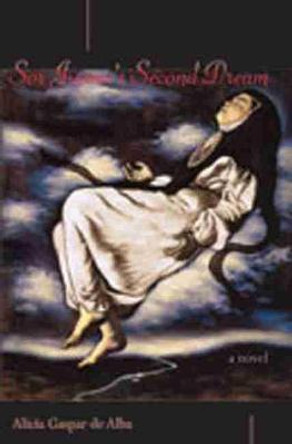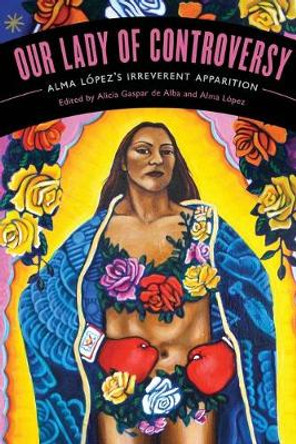Description
"What the women I write about have in common is that they are all rebels with a cause, and I see myself represented in their mirror," asserts Alicia Gaspar de Alba. Looking back across a career in which she has written novels, poems, and scholarly works about Sor Juana Ines de la Cruz, la Malinche, Coyolxauhqui, the murdered women of Juarez, the Salem witches, and Chicana lesbian feminists, Gaspar de Alba realized that what links these historically and socially diverse figures is that they all fall into the category of "bad women," as defined by their place, culture, and time, and all have been punished as well as remembered for rebelling against the "frames" imposed on them by capitalist patriarchal discourses.
In [Un]Framing the "Bad Woman," Gaspar de Alba revisits and expands several of her published articles and presents three new essays to analyze how specific brown/female bodies have been framed by racial, social, cultural, sexual, national/regional, historical, and religious discourses of identity-as well as how Chicanas can be liberated from these frames. Employing interdisciplinary methodologies of activist scholarship that draw from art, literature, history, politics, popular culture, and feminist theory, she shows how the "bad women" who interest her are transgressive bodies that refuse to cooperate with patriarchal dictates about what constitutes a "good woman" and that queer/alter the male-centric and heteronormative history, politics, and consciousness of Chicano/Mexicano culture. By "unframing" these bad women and rewriting their stories within a revolutionary frame, Gaspar de Alba offers her companeras and fellow luchadoras empowering models of struggle, resistance, and rebirth.
"This is an intellectually and emotionally generous book that will provide inspiration and intellectual leadership for generations of feminist students of color to come... May this work be remembered for its ethical rebellion, may this rebellion become the basis for constructing new modes of consciousness in the Americas." -- Chela Sandoval, Associate Professor of Chicana/o Studies, University of California, Santa Barbara, and author of Methodology of the Oppressed and coeditor of The Chicano Studies Reader: An Anthology of Aztlan, 1970-2000
About the Author
An activist scholar who uses theory, pedagogy, and fiction for social change, Alicia Gaspar de Alba is Professor of Chicana/o Studies, English, and Gender Studies and Director of the LGBT Studies Program at UCLA. She has published ten previous books, among them an award-winning historical novel on Sor Juana Ines de la Cruz, currently being adapted to a movie in Mexico; an award-winning mystery novel on the Juarez femicides; a monograph on Chicana/o art; and three academic anthologies.
Reviews
"With a convincing methodology and well-presented material, the book undoubtedly is a valuable contribution that increases the visibility of the variety of feminisms beyond the predominance of Western points of view. It is an innovative book and it is definitely recommended to students of Gender Studies and Cultural Studies." * Critical Reviews on Latin American Research *
Book Information
ISBN 9780292758506
Author Alicia Gaspar de Alba
Format Paperback
Page Count 400
Imprint University of Texas Press
Publisher University of Texas Press
Weight(grams) 653g
Dimensions(mm) 229mm * 152mm * 25mm

![[Un]framing the "Bad Woman": Sor Juana, Malinche, Coyolxauhqui, and Other Rebels with a Cause by Alicia Gaspar de Alba [Un]framing the "Bad Woman": Sor Juana, Malinche, Coyolxauhqui, and Other Rebels with a Cause by Alicia Gaspar de Alba](https://cdn11.bigcommerce.com/s-zkx5lhzlf8/images/stencil/608x608/products/815050/814761/9780292758506__10143.1687667477.jpg?c=1)




